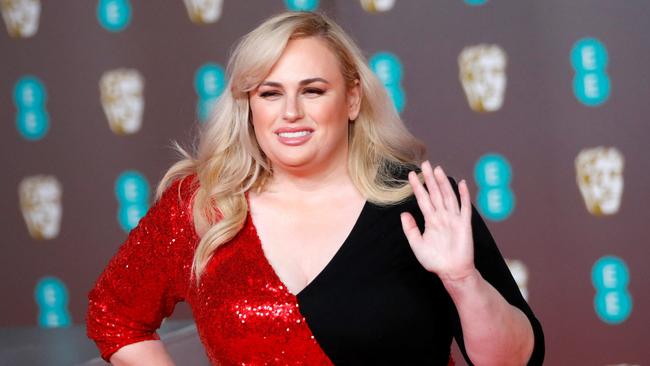
Editors will only hurt their own brands by caving to shrill campaigns, especially on Twitter. Bevan Shields, the newish editor of Channel Nine’s The Sydney Morning Herald, last Monday morning on page 2 of his paper explained his handling of a gossip item about actress Rebel Wilson. He apologised at length on page 2 on Wednesday.
Andrew Hornery, author of the item, apologised in paper on Tuesday. Shields also apologised in a note emailed directly to subscribers on Tuesday. Shields had already pulled down the small online gossip item published in the Private Sydney column last Saturday week.
All this fed into a self-serving narrative by far left media organisations Guardian Australia and Crikey, both trying to eat the former Fairfax papers’ lunch. Incredible as it may seem, the narrative on Twitter is that under Nine chairman and former Federal Treasurer Peter Costello the SMH and The Age in Melbourne have become Tory stooges.
Like many former editors I was always struck by the power of the staff collective in the former Fairfax newsrooms. It’s no surprise to read anonymous leaking from staff against Shields.

But to this column’s mind Shields and his predecessor Lisa Davies - as well as newish Age editor Gay Alcorn - are producing better papers than the old Fairfax regime did. The papers are more pluralist, something Twitter hates.
One former senior journalist last week showed just how strange Twitter is, retweeting a suggestion Phil Coorey, the respected political editor of Nine’s The Australian Financial Review, is a “Morrison sycophant”. The Coorey I have been reading and known for the past couple of decades has never been a creature of the Right. But no serious paper can ever be left enough for Twitter’s keyboard warriors.
This column has never met Shields or Hornery but thinks there was not too much wrong with what Hornery published about Australian born actress, writer and producer Wilson and her new relationship with a woman. It’s a story that would normally be of zero interest to this column but Twitter’s idea Hornery, who is openly gay, was trying to “out” Wilson is silly. It was just a gossip column item on page 36.
No one expects historical memory from social media: the Wilson pile-on showed zero awareness outing of gay people was a political thing in the gay community in the 1990s and early noughties as activists sought to expose the hypocrisy of powerful people pretending to be heterosexual. It’s not been a thing in media for long time. Hornery simply wanted to be first with the news of Wilson’s new beau.
Shields and Hornery conceded, mistakenly in my view, that asking Wilson’s management to respond by last Friday week to Hornery’s email that Wednesday asking about Wilson’s relationship with fashion designer Ramona Agruma may have been interpreted as bullying. Rubbish. Hornery was simply reflecting the realities of a Friday deadline for the Saturday paper and Wilson’s management would have known that.
Wilson has made a vast fortune partly by tapping the gossip media. She simply used a common tactic to control her message this time, revealing the relationship herself on social media. The frustration apparent in the original newspaper item by Hornery reflected the loss of his scoop, even though he had done the right thing by contacting Wilson’s management. At many papers today - and certainly at the modern ABC - stories are published without the corroboration Hornery correctly sought.
Reflect on the ABC’s howlers since the election of the Morrison Government in 2019. Morrison was attacked for an allegation a young male Liberal staffer had raped another staffer, Brittany Higgins. His education minister Alan Tudge was defamed for a consensual relationship with a female staffer. The ABC even refused to air texts from Tudge’s media adviser published by this newspaper’s Janet Albrechtsen on March 4 that proved the staffer’s romantic interest in the former minister.
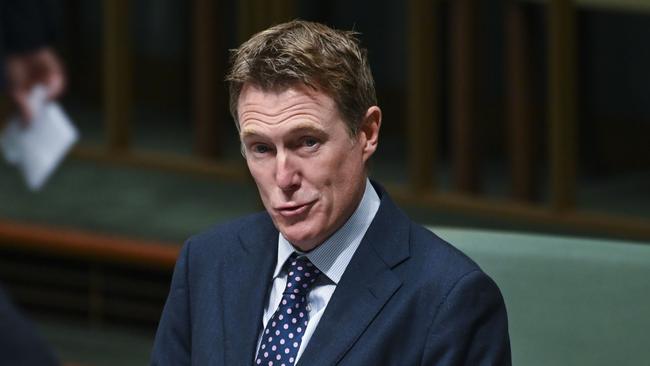
Worse still the political career of former Attorney-General Christian Porter was destroyed by a dubious Four Corners report of an alleged rape at a school debating event three decades earlier when he was 17 and the mentally disturbed alleged victim who committed suicide in 2020 was only 16. Porter denied the story, the woman’s parents did not support it, a police complaint by the alleged victim was withdrawn and much of the diary evidence that cast doubt on events was suppressed by the ABC.
There is no social media clamour for fairness for conservatives mistreated by the ABC. Just like the ABC’s defamation of Cardinal George Pell, its journalists press on as if nothing has been mishandled by the national broadcaster. The contrast with Shields’ handling of the Wilson item is stark. Online, ABC alumni have continued to defame Pell despite the unanimous High Court decision in 2020 overturning his conviction.
Nor has the ABC corrected the record on its three-part Russiagate “Story of the Century” alleging collusion between former President Donald Trump and Russia. Yet we now know James Clapper, President Obama’s Director of National Intelligence and one of the main sources for that ABC piece, had already privately testified to Congress that he had never seen evidence of Trump’s collusion. Nor has the ABC adequately presented material from special prosecutor John Durham showing the collusion hoax was cooked up by then presidential candidate Hillary Clinton in 2016.
Social media loved the Russiagate special. And it loved false allegations Milligan and Channel Ten host Lisa Wilkinson had to apologise for to former Liberal MP Andrew Laming. Both falsely claimed Laming had used his phone to take upskirting photos of a woman in 2019 at a Brisbane landscaping business.

Australian media should resist following The New York Times down the social media sewer. As columnist Bari Weiss wrote in her resignation letter during a high profile news room rebellion in January last year, “Twitter is not on the masthead of The New York Times. But Twitter has become its ultimate editor.”
Unfortunately Twitter already rules at the ABC. The Drum has succumbed to a Twitter campaign against appearances by staff from the conservative Institute of Public Affairs. Co-host Julia Baird was brave enough to publish a piece in the SMH supporting IPA appearances in July 2018. She lost.
No one from the IPA has appeared on the show since: more than 1500 days later. Paraphrasing this column’s friend, Sydney Institure director Gerard Henderson: everyone on The Drum now agrees with everyone else and it makes for boring television.
It is not surprising parts of the media are bowing to social media. After all, corporate Australia fawns before online criticism.
Yet editors who judge their output by the approval of social media are measuring their product against a cohort way to the left of the mainstream. On Twitter the Liberal Party is doomed. In reality, despite losing government on May 21, the Coalition nevertheless outpolled Labor on primary votes 35.7 per cent to the ALP’s 32.6.



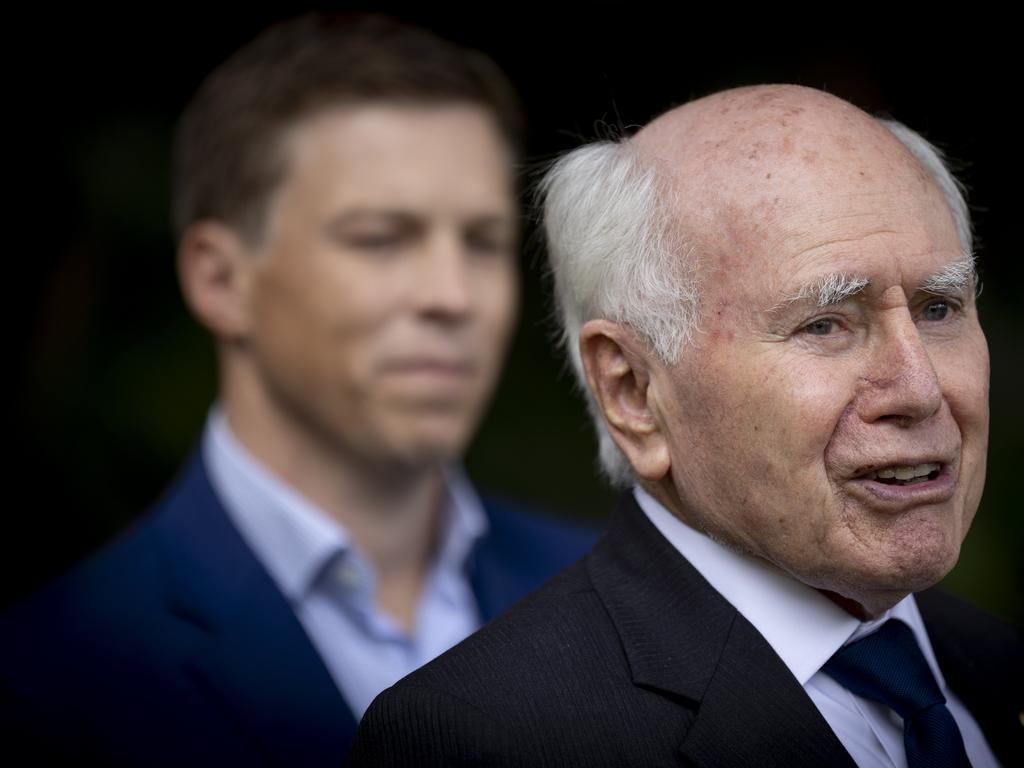
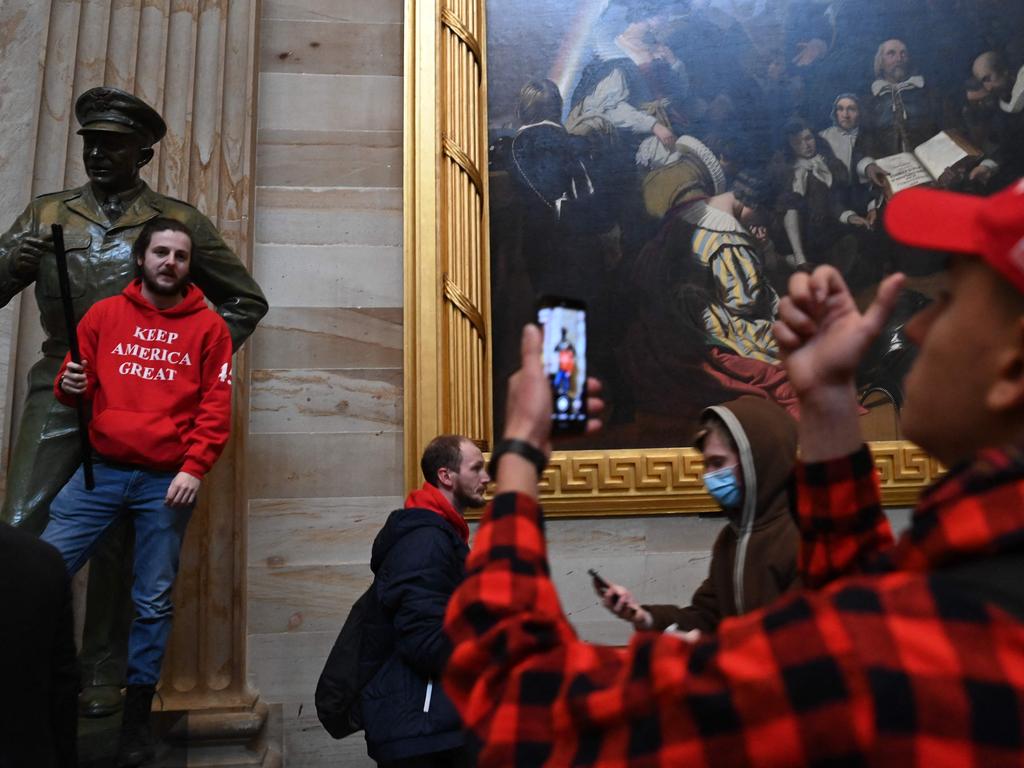
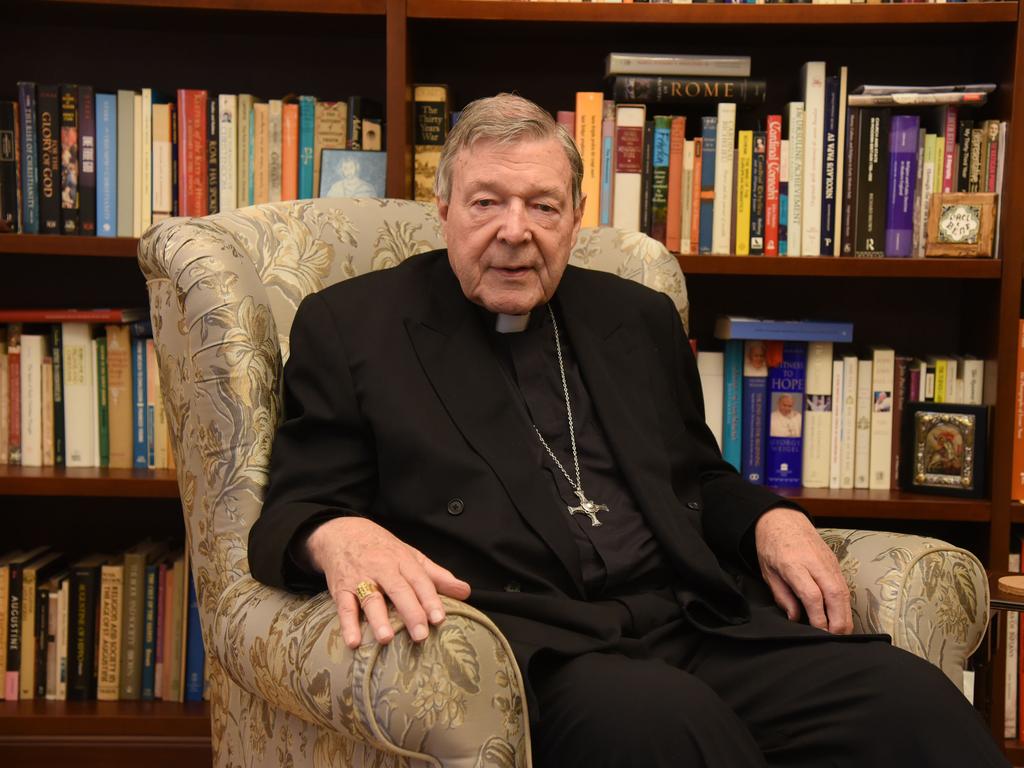
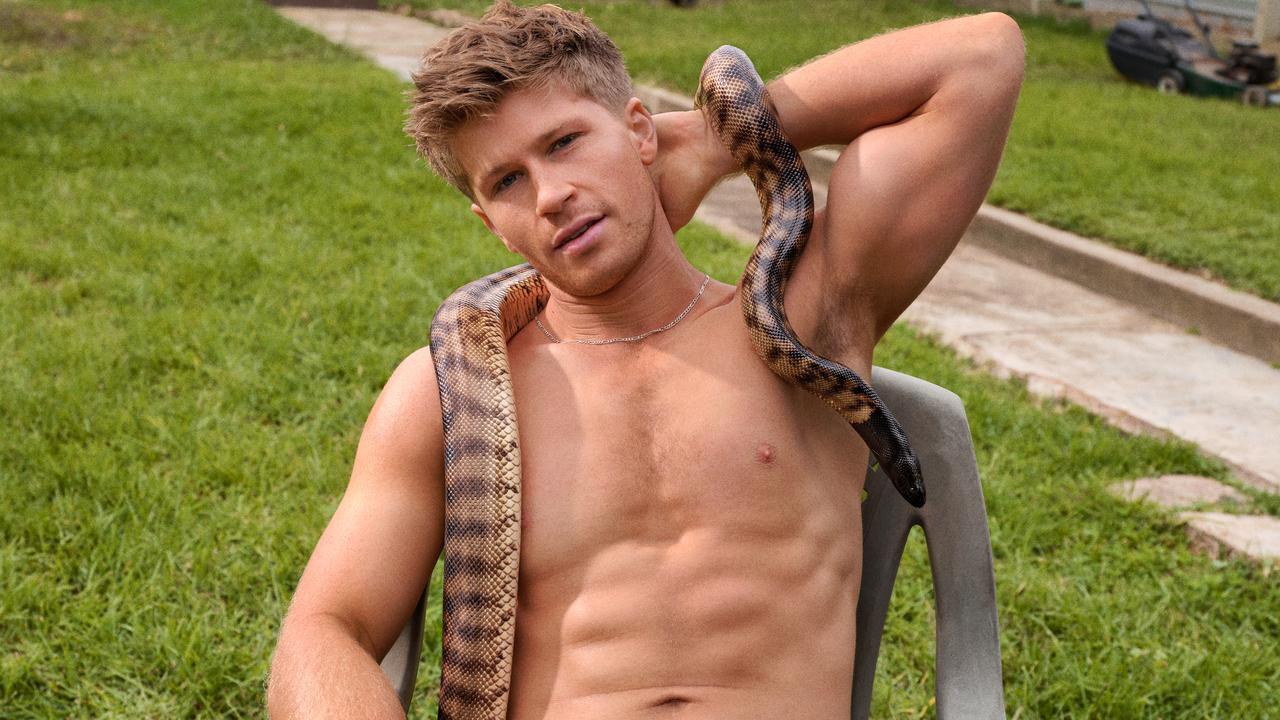
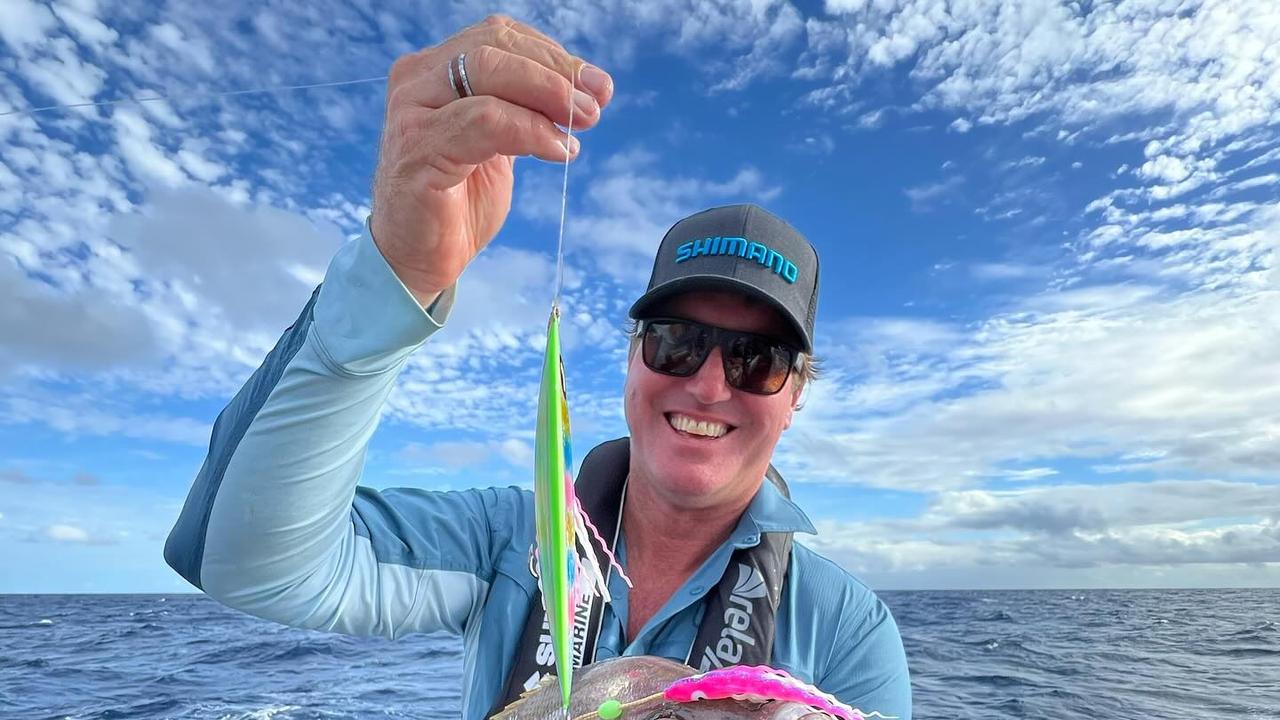
Mainstream media organisations need to push back against the partisan extremism of social media activists.